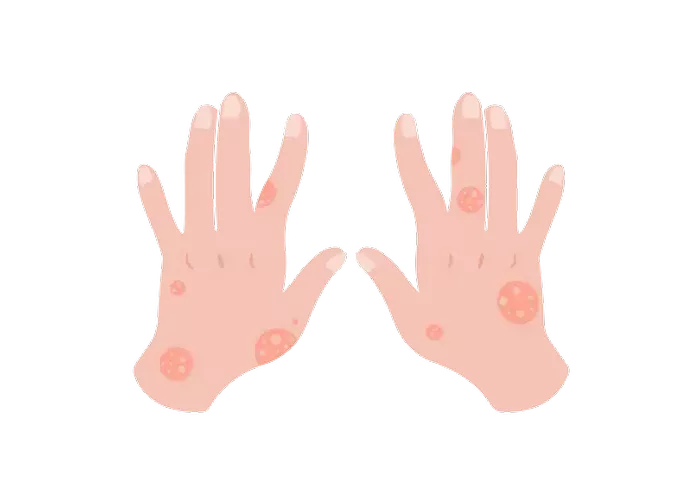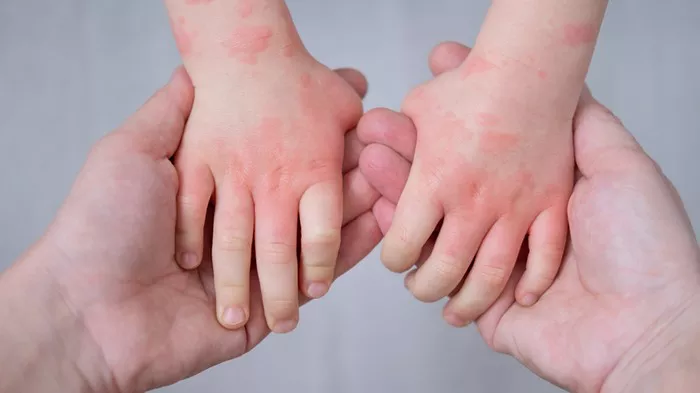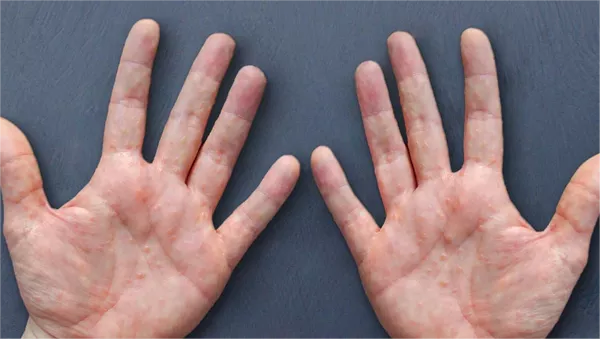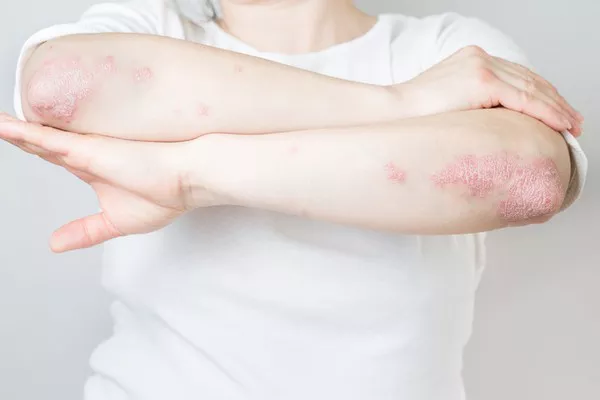Managing eczema can be a challenging journey due to its unpredictable nature and varied treatment responses. Amidst emerging remedies, bleach baths have garnered attention as a potential solution, albeit with cautious consideration.
Traditionally, the idea of bleach near skin raises understandable concerns. However, diluted bleach baths are recognized in dermatological circles as a method to alleviate eczema symptoms. Howard Sobel, MD, a cosmetic dermatologic surgeon, explains that eczema manifests as skin inflammation, often exacerbated by environmental factors and allergens.
According to Jody Alpert Levine, MD, FAAD, FAAP, a New York-based dermatologist, eczema’s complex origins involve genetic and immune system influences. The condition compromises the skin barrier, leading to dryness, itching, and susceptibility to irritants.
Research supports the efficacy of bleach baths in reducing eczema symptoms, although they aren’t significantly superior to water-only baths. The rationale lies in bleach’s potential to reduce bacterial growth and inflammation on the skin, notes Dr. Sobel. Yet, caution is advised due to bleach’s harsh properties, which can exacerbate skin sensitivity and cause dryness or irritation, as emphasized by Dr. Levine.
How to Perform a Bleach Bath
Dr. Levine recommends adding a half cup of bleach to a full bathtub of lukewarm water and soaking affected areas for up to 10 minutes. Afterward, a thorough rinse with soap followed by moisturization is crucial to mitigate potential dryness.
Consultation with a healthcare professional is vital to determine bleach bath frequency, with Dr. Levine advising against more than once weekly sessions.
Alternatives to Bleach Baths for Eczema Treatment
While bleach baths remain an option, Dr. Levine favors gentler alternatives. She recommends oatmeal baths for their soothing and hydrating properties. Additionally, regular moisturization, stress management, and identification of eczema triggers are pivotal in managing symptoms effectively.
Dr. Sobel highlights advanced oral medications as potential alternatives, prescribed under medical supervision for severe eczema cases.
Conclusion
Before opting for a bleach bath, consultation with a physician or board-certified dermatologist is essential to weigh potential benefits against risks. Understanding eczema’s individual triggers and sensitivities ensures a tailored approach to managing this chronic condition.
By navigating treatment choices with informed guidance, individuals can make empowered decisions in addressing their eczema concerns effectively.
Related Topics:


























